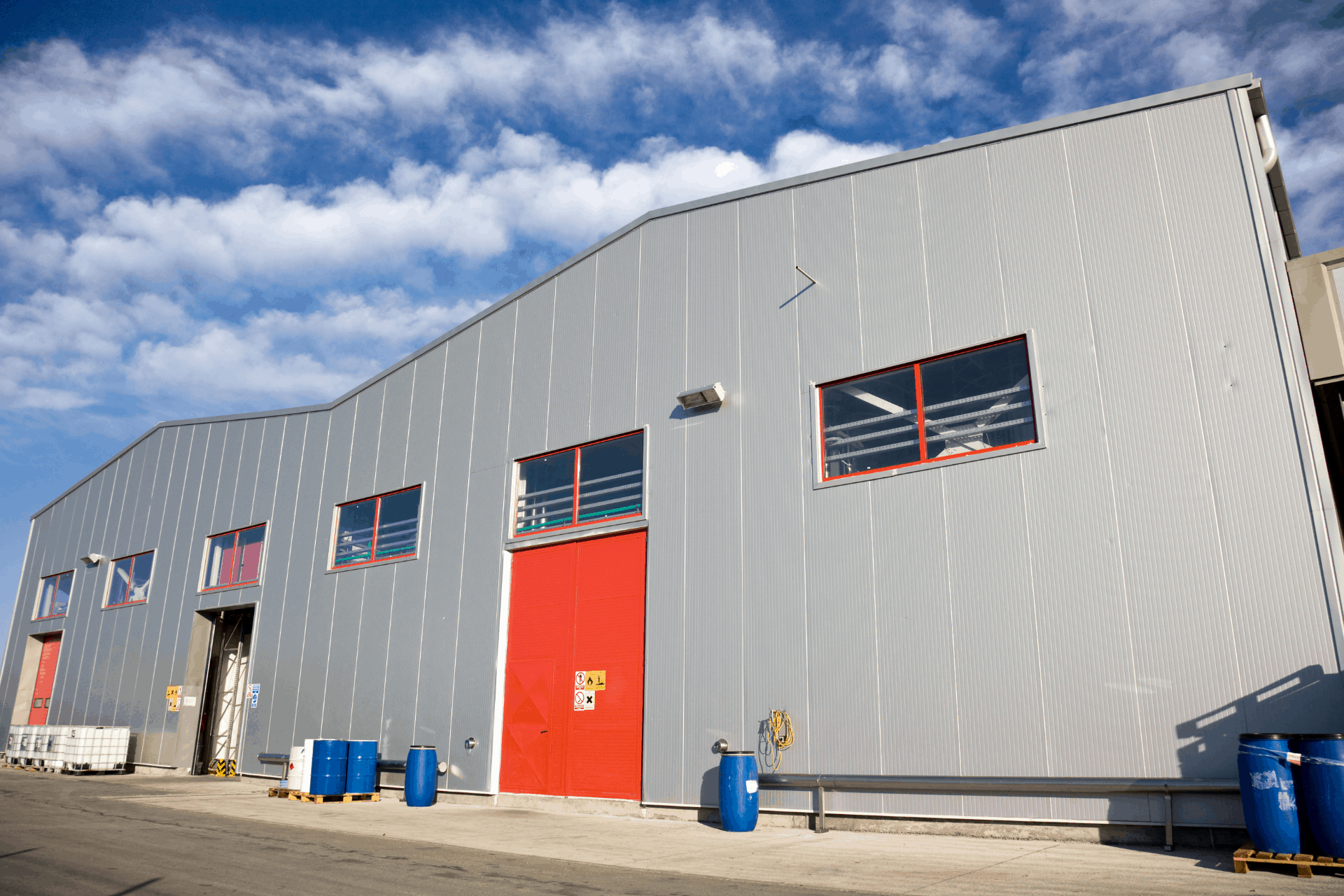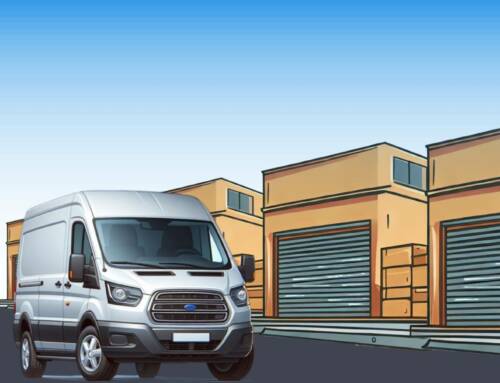7 Things to Check for on Your Commercial Property Policy

In this blog post we layout important coverage factors that you need to consider when taking out a commercial property policy and what to check for on your insurance documentation when you take your policy out. We hope that this will help you understand what protection you should have in place and what to look for when comparing insurance policies for your commercial property.
What is a Commercial Property Policy?
Commercial property insurance is recommended for any property owners that run a business from a property they own or landlords who rent out their property for commercial use. It’s important to differentiate it from a standard buildings and contents insurance policy. Commercial insurance contracts are designed to meet the needs of landlords who rent out their property for commercial uses, including the likes of warehouses, industrial units, retail stores, salons, bars and restaurants, offices and much more. Depending on the building and type of business in question, a range of individual protections may be required within the commercial property policy, an insurer will look at the uses of the building and adjust a cover that will match the risk that your business or your tenants pose to your building. Assembling a commercial property insurance policy is about understanding the type of building you have and what it will be used for, and then assessing the risks and costs involved.
7 things to check for on your commercial property policy
1 – Buildings Cover – Does your commercial property policy include cover for the building or structure? This might not be standard with some policies and you could need to take it as an optional add on. Generally commercial property insurance covers ‘All Risks’ (subject to exclusions) so this means you can expect to be covered in the event of: Storms and flooding, Escape of water, Fire, Lightning damage, Explosion or earthquake, Accidental damage, and Riots or malicious acts.
2 – Contents Cover – If you’re also running a business from the property you own then it’s also important to think about what’s inside it too, such as your contents and furnishings. You can combine your building insurance with additional covers like contents insurance, equipment breakdown cover and stock insurance. Cash on premises can also be included, but it’s worth checking with your broker how much will be covered as this is often limited.
3 – Business Interruption or Loss of Rent – If serious damage to your commercial property occurs that prevents you or your tenant from continuing to run a business at the premises, you can get either business interruption insurance (for your business) or loss of rent cover (if your tenant cannot operate their business and continue to pay you rent). When checking if this cover is included it’s also advisable to look at how long the indemnity period lasts, this is the period of time that the insurer will pay out after a claim has been made and could vary according to provider.
4 – Multiple Properties – Are all your properties covered? We all like to make life easier, with many insurers you can cover your full property portfolio in one place, which means you’ll only need one renewal date and one provider to deal with. It’s also possible that you could save yourself money by insuring all your commercial properties in one place too.
5 – Rebuild Cost – You should remember that you need to make sure the premises are all insured for their full rebuilding cost (including any professional fees and the cost of site clearance) and not the market value. You may need to seek specialist advice to calculate the rebuilding cost, some insurers will be able to arrange this for you.
You also need to take into consideration what won’t be included on your commercial property policy like…
6 – Wear and Tear – one of the things that is never included is cover for wear and tear that might affect your property or its contents over the years. Rust, flaking paint, stains and other age-related issues cannot be claimed for on your insurance.
7 – Poor or Defective Workmanship – you also won’t be covered for any problems caused by poor or defective workmanship. In the event that an issue has been caused by a contractor, you will need to bring a claim against them in order to be compensated. Otherwise, if yourself or own employees handled the problematic work, then you will not be covered at all and will need to rectify the issue yourself.
Where to get a commercial property policy quote
As with all types of insurance, it’s important to compare the market to ensure that you are getting the most fitting policy for your requirements at the best possible price. This can be a very time-consuming task, and often confusing with all the potential add ons you might need and not to mention the complicated insurance jargon to read through. By using a professional broker, you can have the peace of mind of knowing it is their job to recommend you the best policy to go for and which provider to use for the best price.
1st Choice Insurance are an independent brokerage, which means that we are not tied to any specific insurers or corporations, so you can trust that our advice is impartial. You can give us a call on 01743 770 500 and speak to one of our expert advisors or you can fill out out Get a Quote form to request a call back. Let us save you time, hassle and money on your commercial property policy.





